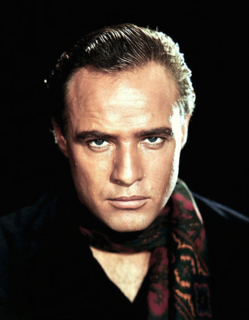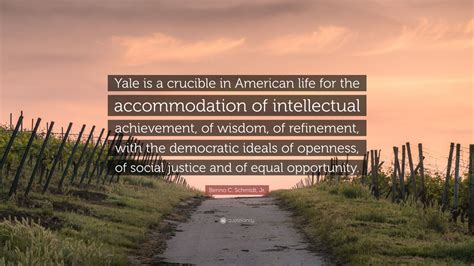A Quote by James Comey
Related Quotes
The people, the ultimate governors, must have absolute freedom of, and therefore privacy of, their individual opinions and beliefs regardless of how suspect or strange they may appear to others. Ancillary to that principle is the conclusion that an individual must also have absolute privacy over whatever information he may generate in the course of testing his opinions and beliefs.
The secret point of money and power in America is neither the things that money can buy nor power for power's sake... but absolute personal freedom, mobility, privacy. It is the instinct which drove America to the Pacific, all through the nineteenth century, the desire to be able to find a restaurant open in case you want a sandwich, to be a free agent, live by one's own rules.
There are similarities between absolute power and absolute faith: a demand for absolute obedience, a readiness to attempt the impossible, a bias for simple solutionsto cut the knot rather than unravel it, the viewing of compromise as surrender. Both absolute power and absolute faith are instruments of dehumanization. Hence, absolute faith corrupts as absolutely as absolute power.
Absolute knowledge is only possible when you know the Absolute Truth and to have the Absolute Truth you have to go to the Absolute Being within you which is your Spirit. So, it gives you the truth, it gives you the collective consciousness. The main thing is that you become extremely peaceful personality, you become peace, you emit peace.
What I do think is important is this idea of a 'privacy native' where you grow up in a world where the values of privacy are very different. So it's not that I'm against privacy but that the values around privacy are very different for me and for people who are younger than my parent's generation, for whom it's weird to live in a glass house.
I don't think he would have had any trouble answering Justice Sonia Sotomayor's excellent challenge in a case involving GPS surveillance. She said we need an alternative to this whole way of thinking about the privacy now which says that when you give data to a third party, you have no expectations of privacy. And [Louis] Brandeis would have said nonsense, of course you have expectations of privacy because it's intellectual privacy that has to be protected. That's my attempt to channel him on some of those privacy questions.



































